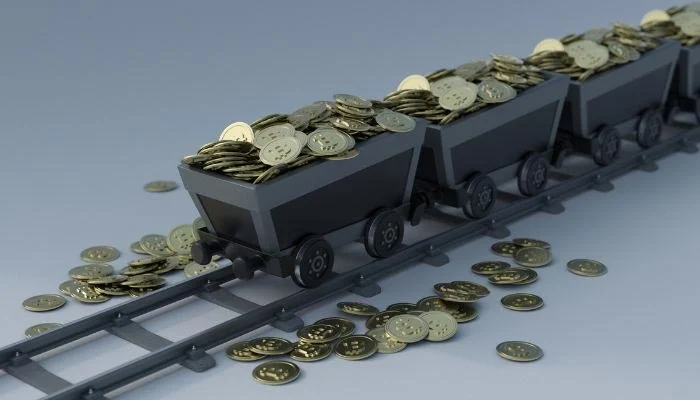Business
Is Pakistan launching digital currency?
-

 Latest News2 days ago
Latest News2 days agoPIA-Mora Agreement Regarding Hajj Flights: PIA Will Offer Travel Services to 35,000 Hajj Pilgrims Under Government Program
-

 Business2 days ago
Business2 days agoPIA Privatization Is Referred to the Cabinet Committee by the Privatization Commission Board Meeting
-

 Latest News1 day ago
Latest News1 day agoUnlawful VPNs: Terrorists Utilize Unregistered VPNs to Disseminate Propaganda
-

 Entertainment2 days ago
Entertainment2 days agoAamir Khan declared his retirement from the film industry.
-

 Latest News2 days ago
Latest News2 days agoDeputy Prime Minister Speaks at COP-29 Summit: Pakistan Needs $348 Billion to Become Climate Resilient by 2030
-

 Business2 days ago
Business2 days agoPetrol prices are expected to experience another increase in Pakistan.
-

 Business2 days ago
Business2 days agoGas production from the Dera Bugti well commences at 5 MMSCFD.
-

 Latest News2 days ago
Latest News2 days agoPCB questions ICC on India’s reluctance to participate in the Champions Trophy in Pakistan.























